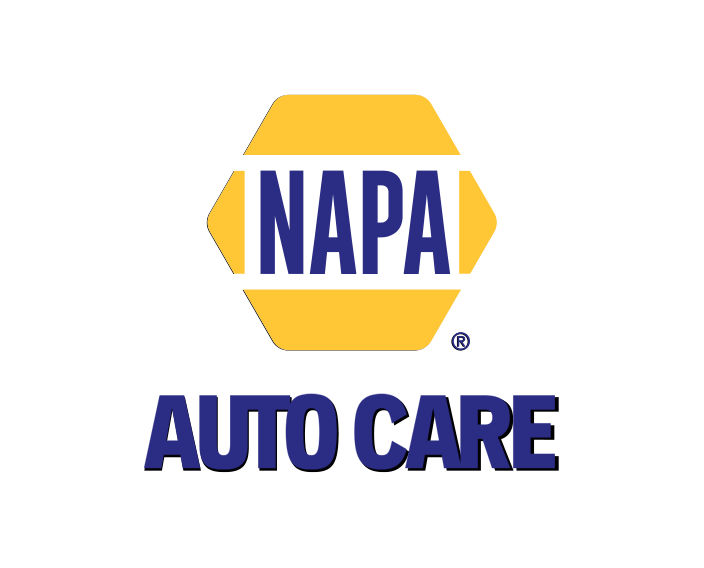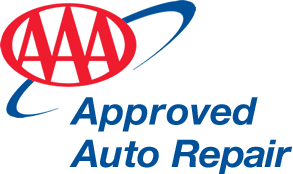Car Care Tips for the Cold Weather
Car Maintenance for Winter
It’s hard enough taking care of your car during the Summer, but the Winter months prove to be a whole different monster. The roads become more slippery, more salt on the ground, more snow, etc. Taking care of your vehicle is even more essemtial during these times. Doing things like keeping up with your tire’s maintence can make your drive more safe.
With the help of Chicago Tribune and Car Talk we have found some great tips to ensure you are prepared for these cold weather challenges.
Keep Your Gas Tank Full
In the summer, you can take a chance and run down to fumes. But in the winter, if you do get stuck or stranded, the engine will be your only source of heat. And you don’t want to have to worry about conserving fuel and saving the planet right at that moment…you want to stay warm. You can run the engine indefinitely at idle to stay warm-or as long as you have gas. No harm will be done to the engine.
Fill Your Fluids
Fill your antifreeze. If it hasn’t been flushed in a few years, then it could use it. Green-colored antifreeze is the most common; whichever color you choose, don’t mix colors. Coolant and antifreeze are interchangeable terms. Coolant is typically sold premixed, that is it is half water, half antifreeze, as it needs to be. Antifreeze can be pure and needs to be mixed. Check the bottle; it’ll tell you. Ready for winter? Your car should be Ready for winter? Your car should be Check your oil. If it’s due for a change, consider refilling it with a lower viscosity oil. On the bottle it lists two numbers, or grades, the first for low temperature viscosity, the second for high temperature. 10W-30 is a common designation. The higher the number, the more viscous, or thick it is, the less fluid it is especially in cold temps. So you might want to consider 5W-20 or-30. That ‘W’ stands for winter, according to Valvoline and other sources.
Check Your Battery
Change the battery. Mechanics recommend changing it every 3 years, though you could get away with 5 years, depending on how much you drive and how you drive. If you see a mechanic, have him or her check the battery and replace the spark plugs. How to store your car for winter How to store your car for winter Make sure the cables are not loose. With the engine off, see if the cables can slip free from the nodes. Don’t yank, but be firm. Tightening the nut is easy to do and can save you from a mid-drive battery loss that requires you to get out of the car and take off your gloves. Check for corrosion. If there is a white powder, not unlike the dead skin of dried winter hands, around the nodes or the clamps then that could be a sign of corrosion. If you can’t get a new battery, then at least clean the nodes and clamps with baking soda, water and a toothbrush. Loosen the cables, clean the nodes and clamps, then dry it and retighten.
Check Your Cooling System
Make certain the antifreeze will protect your car at the winter temperatures you’ll experience in your area. For most areas, you’ll need a 50-50 mix of coolant to water. You may think, “I’ll be extra good to my car, and give it 100% coolant.” Guess what? You’re wrong. The 50-50 mix has a lower freezing point. Not only that, but 100% coolant is less able to transfer heat away from your engine, and has been known to cause such nasty things as melted spark plugs of engine failure under the wrong circumstances.So, mix it up!
View more tips from Chicago Tribune and Car Talk













